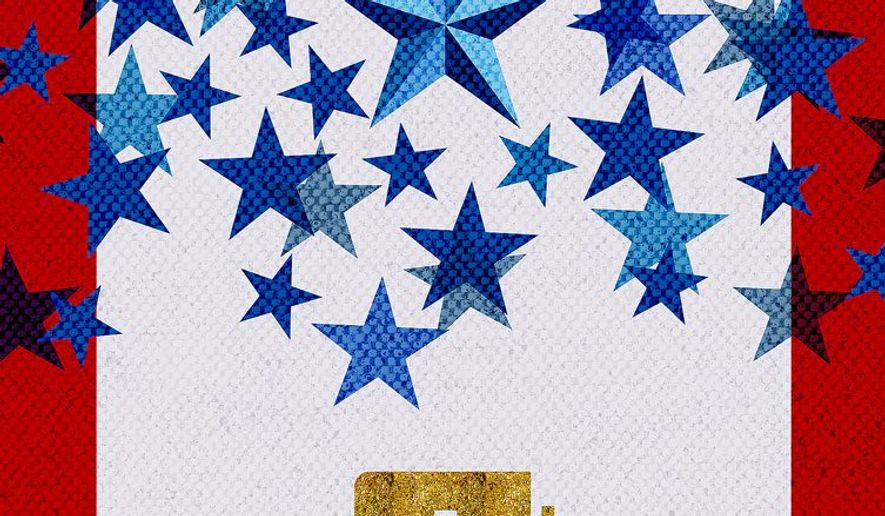OPINION:
I have spent my life in the military family: As the son of a gravely wounded combat soldier; as an officer; as a senior leader in the Pentagon; and now as secretary of the Department of Veterans Affairs. My ancestors fought from Guilford Court House to the Meuse Argonne and in the jungles of the Mekong Delta.
Forty-one million of their fellow citizens put on the uniform since the first shots were fired on Lexington Green and 800,000 were laid to rest, as Abraham Lincoln told us, “on the altar of freedom.” If you asked any of them why they did it, the universal response would be “duty.”
Lincoln understood that. His Second Inaugural Address is probably the most powerful spiritual affirmation of duty given by any American. Only Dr. Martin Luther King’s call to freedom in front of Lincoln’s own memorial comes close. Lincoln marshalled the power of 3,000 years of history and faith to heal the nation and he made plain America’s duty “to care for him who shall have borne the battle and for his widow and orphan.”
The Department of Veterans Affairs was created in the image of that speech. It is our duty to care for the men and women who bore the battle and for their families. We are not only charged with the physical care of those who fought but with their emotional and spiritual well-being. If we provide for the physical at the expense of the emotional and spiritual, we fail in our duty to our veterans.
The veterans at our Manchester, New Hampshire, facility seem to agree. It was they who set up a Missing Man Table, which allowed veterans to leave tokens representing their status as prisoners of war, and let family members leave items from service members who never returned — those who were missing in action. This was no policy or decision by the VA. It was a veteran-driven initiative, so they could show one another a measure of camaraderie, that they understand each other, that they support each other, that none of them are alone as they face a common struggle.
But we are a long way from the spirit Lincoln invoked in 1865. One of the items placed on the Missing Man Table was a Bible. It was placed there at the request of a veteran who was a POW during World War II, and who has been coming to that VA clinic for decades. He wanted to remind us that thousands of Americans never returned home from Europe, Korea and Vietnam, by showing people his family’s Bible — an article of faith that helped carry his family through such a difficult time.
The veteran told us this week that he holds no prejudice against other religions, and that offered it for display so that “others could have the comfort he had.”
Sadly, I was informed that there is now a lawsuit demanding that we remove this symbol of freedom from our VA. One of the plaintiffs even called that soldier’s Bible an “outrage.”
Censorship is nothing if not brazen. In this case, it has blundered onto a field filled with men and women bound by a loyalty to our country that is infinitely deeper than any of the fake outrage being peddled on social media. This form of censorship would like to silence these men and women, and make them worry that the stories of sacrifice and recovery they share are somehow harmful.
The lawsuit is shameful, and I have no fear that this petty action will do anything to stop our veterans from continuing to exercise the freedoms they fought to protect.
But I would ask this. Are we so insecure in ourselves that we cannot respect the force that sustained so many of our fellow citizens during the incommunicable experience of war? I cannot believe that men and women who have been sent to the most dangerous corners of the Earth cannot tolerate the symbols of America’s historic faith revered by the vast majority of those who serve and have served, and that we must constantly fight against a militant intolerance that would have appalled Lincoln and King. If we can no longer be civil and respectful in a place of honor such as our veterans hospitals then we have to wonder about the future of this great country.
• Robert Wilkie (@SecWilkie) is secretary of the Department of Veterans Affairs.




Please read our comment policy before commenting.